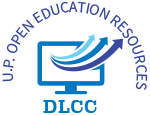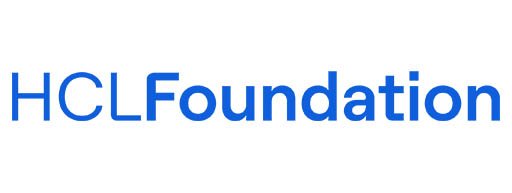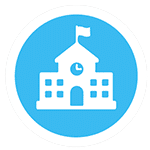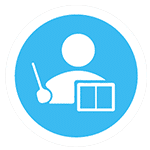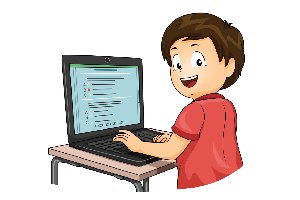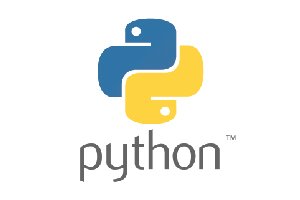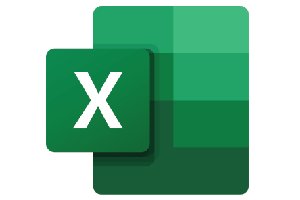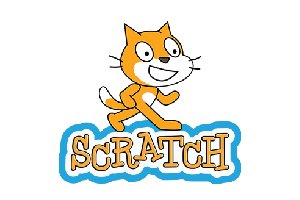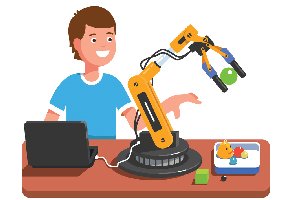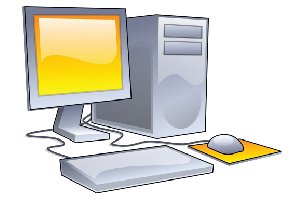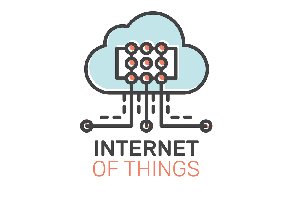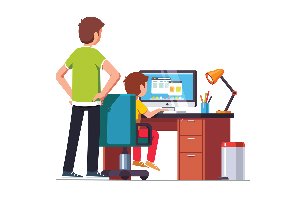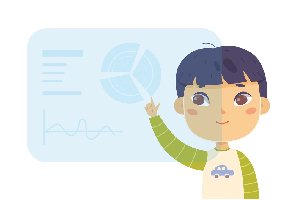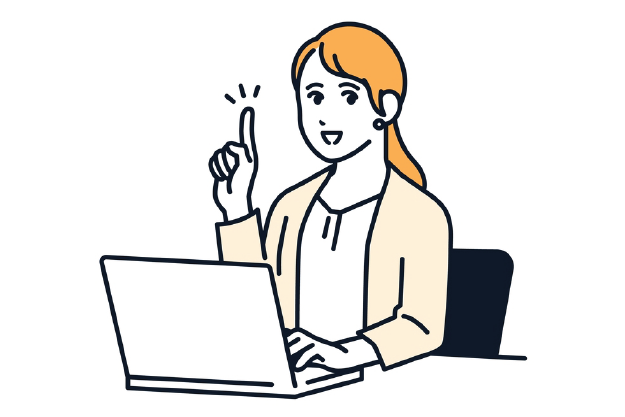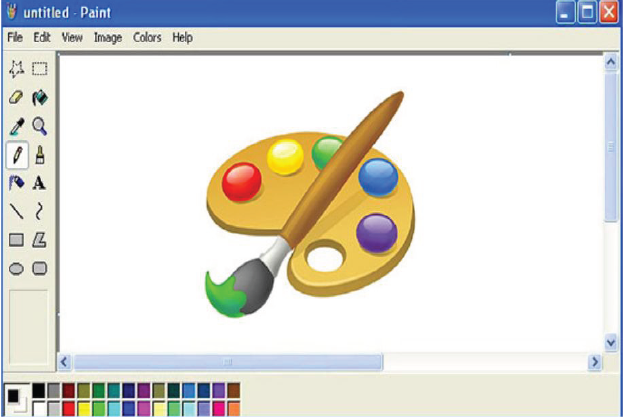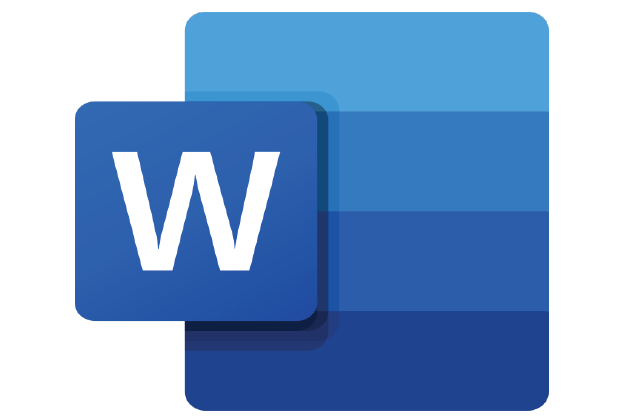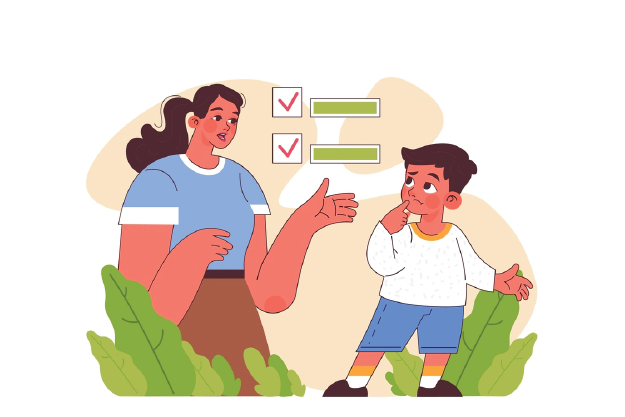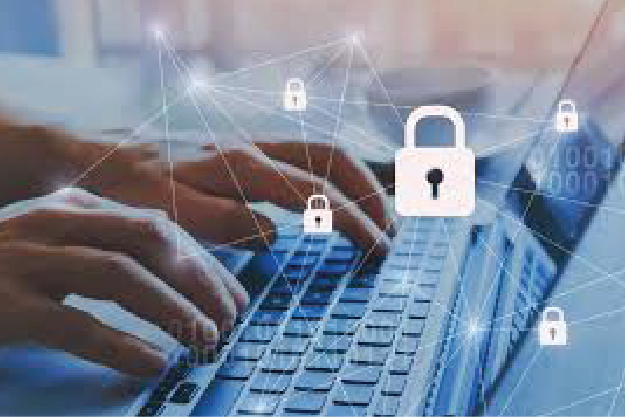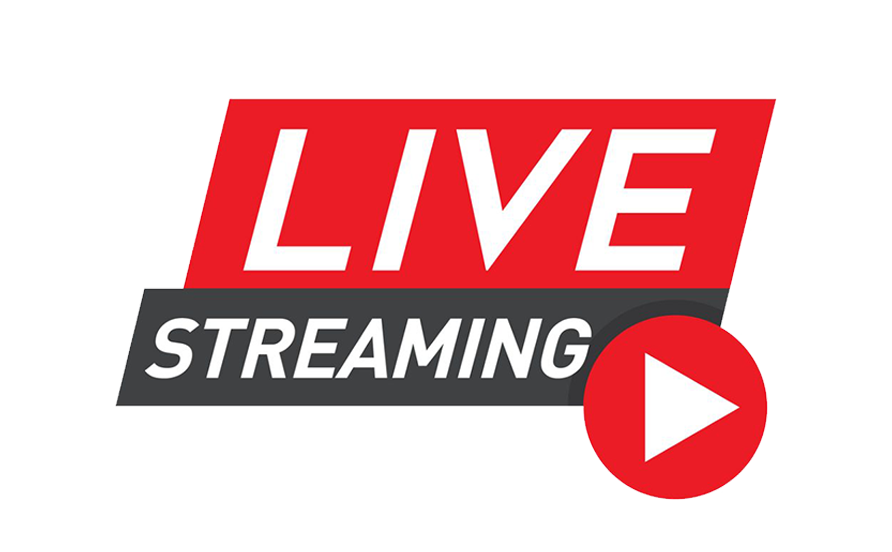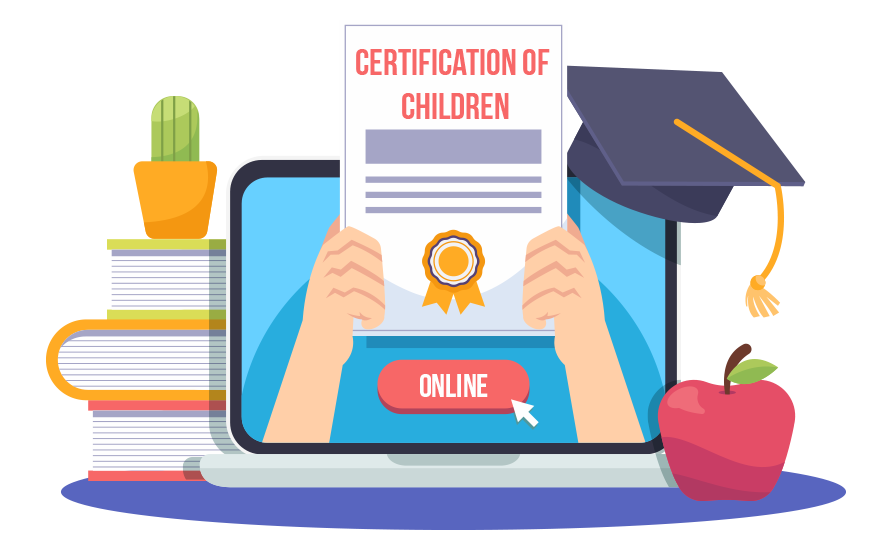Building Blocks
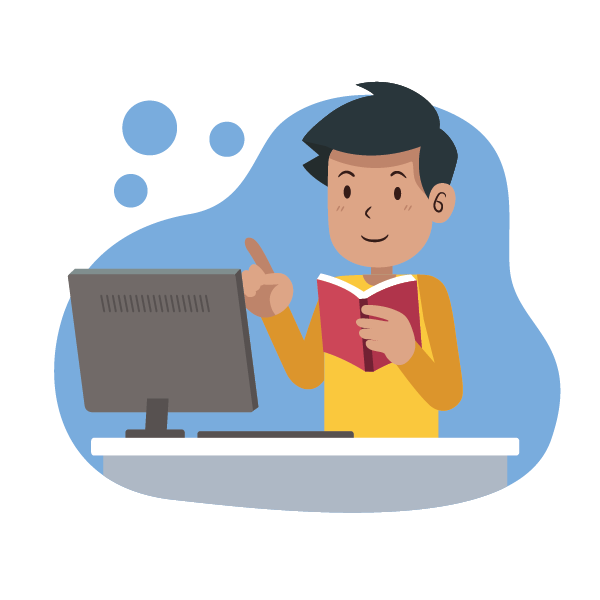
Videos
The videos will comprehensively address all the topics and sub topics outlined in the curriculum. They will incorporate innovative and creative content that aims to provide in-depth knowledge and facilitate better understanding.
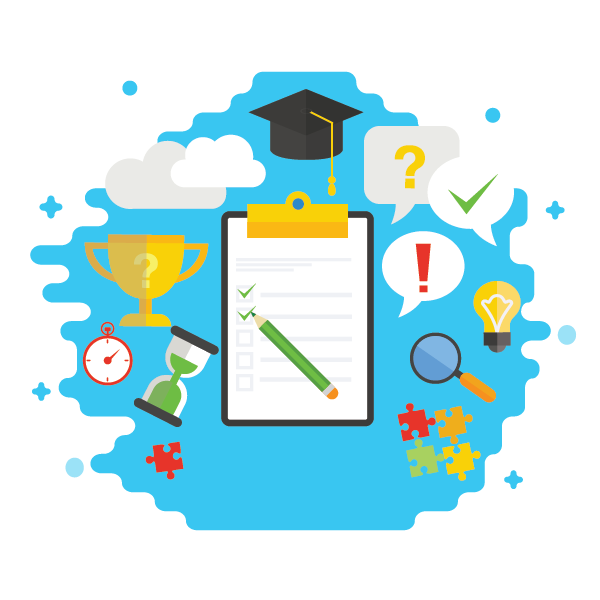
Quizzes
The quizzes are structured based on topics and follow the KUSA model, taking into account varying difficulty levels. These quizzes allow students to evaluate their understanding of each topic, while also enabling teachers to assess their progress. The quizzes also provide a brief progress report to develop feeling of competition and interest towards a topic among students.
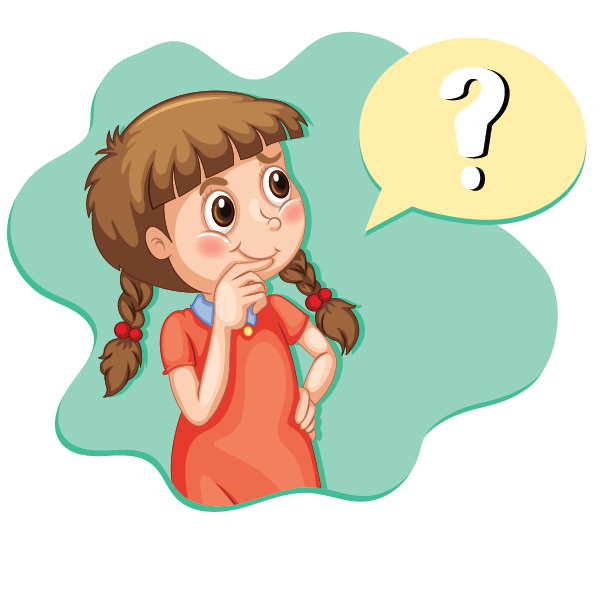
Worksheets
The worksheets are specifically tailored for each topic and contain questions that address every subtopic in detail. The worksheets are in downloadable format which can be used during tests and exams or can be accessed within the portal for assessment of students.
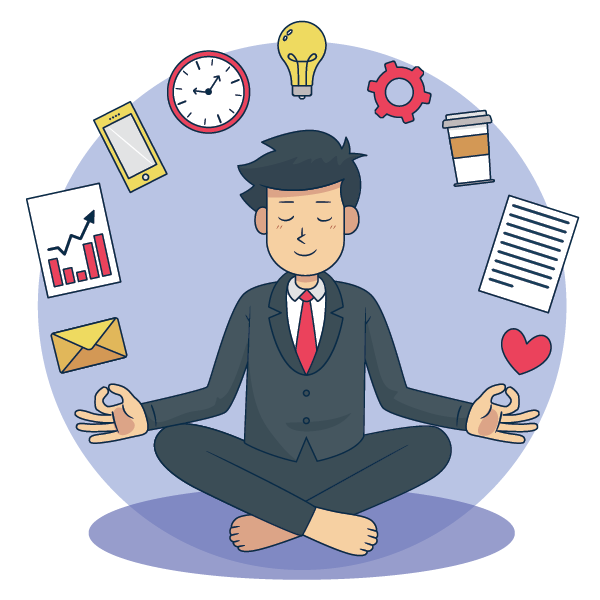
Practice Corner
The Practice Corner provides students with links to open sources where they can engage in practical exercises for each topic. This hands-on approach allows them to enhance their understanding and gain a more comprehensive grasp of the subject matter.
Exploring the Depths of Computation
Strengthening Digital Education

DLCC Pedagogy

Initiation Through Innovation : UPOER
HCL Foundation, in association with Basic Education Department, Govt. Uttar Pradesh, developed and launched the state’s first futuristic open educational resource portal with the objective of integrating technological learning in traditional classroom teaching. This portal aims to ensure the last mile dissemination of the quality resources that can be utilized by the teachers, students as well as the parents. Catering state centric needs to ensure contextualized and meaningful integration with the existing classroom curriculum, this portal provides the free access to the large repository of educational resources.
Department of Basic Education in collaboration with HCL Foundation came up with the idea of introducing Digital Literacy, Coding and Computational Thinking and Artificial Intelligence in the course curriculum of classes 6, 7 and 8 from the upcoming academic session. UPOER, providing a vast repository of educational content to be accessed freely and widely, seized the initiative to introduce the Program on an Open Educational Resource platform to increase the outreach for benefitting a wide area bridging the gap between rural and urban students. It will bring about a significant impact in the learning outcome of every student. The portal will serve as a valuable tool for teachers to facilitate classroom learning and encourage students to engage in regular practice. It will provide teachers with the means to guide and support students in their practice sessions effectively.
Importance for Students
Focusing on improving the foundational skills of students in their early years of education, introduction of topics such as ‘coding’ and ‘computational thinking’ aims at crucially affecting and improving the cognitive and analytical skills of the students. Largely aiming to improve the ‘logical thinking’ and ‘problem solving skills’ amongst the students, learning how to code also aims at setting a certain amount of preparedness amongst the future-employable section of the nation. However, broadening the scope of computational thinking and learning would lead to understanding how the component of ‘digital literacy’ aims at universalizing the accustoming with digital technologies and using them to live, learn and work.
The need to improve digital literacy, and the nation-wide access to digital devices was enunciated during the outspread of a global pandemic over the past few years. Lack of access to the existing education facilities multiplied the reliance on digital equipment and digital means for learning. However, lack of access to digital devices and learning content hindered the learning of a huge chunk of population, thereby further expanded the pre-existing divide in level of literacy. This brought out the need to nationalize digital literacy and making digital knowledge and equipment accessible.
Pilot Study in Hardoi District
HCL Foundation in collaboration with Department of Basic Education, Government of Uttar Pradesh and local administration aimed to empower the students with digital literacy, coding and computational thinking skills in 11 Kasturba Gandhi Balika Vidyalayas (KGBVs) and 15 composite schools across 11 blocks in Hardoi district.
Taking heed of the above-mentioned requirements, and sensing the urgency in introduction of 21st century skills amongst children, HCL Samuday introduced a 3-month long project to inculcate digital literacy, coding skills, and computational thinking amongst students of classes 6, 7 and 8. Divided into 21 sessions in total, the project, covering 26 schools (11 KGBVs and 15 Composite) in 11 blocks of Hardoi district, followed a structured approach in teaching the students foundational aspects of digital literacy, followed by basic knowledge of hardware and software along with coding. Inculcating the knowledge of coding and digital literacy, the students were also taught about the application of coding.
